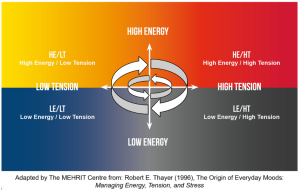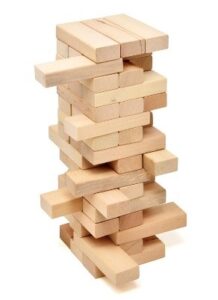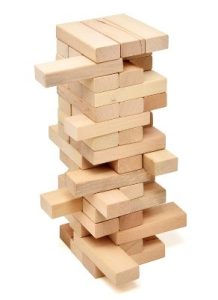We’ve all been there. Whether it was in a grocery store, dollar store, a classroom, or any location where a child demonstrates the kind of epic meltdown that sends chills down your spine. It could be about not getting their favourite treat, or a toy that has captured their attention, or being asked to perform a learning task at an in opportune time. The results can be seen in the shrill whaling, the defiant disregard, and the seemingly unending stream of tears.
In this scenario that may be all too familiar to many of us, I am not trying to depict the child as spoiled, or parents as weak-willed. However, what is interesting, is that we often immediately slip into a judgemental frame of mind and characterize the child as overly pampered, or parents as over-indulgent. In THIS month’s article, I want us to look more specifically at just the child/parent pairing or dyad.
These over-the-top emotional episodes are ones in which trying to reason with the child is impossible. The child is inconsolable or unable to be soothed, and the parent is at their wit’s end.
It would be an oversimplification to simply say that the child was hungry, or tired, and even worse to characterize the child as merely spoiled, or parent as permissive. There is a lot more to it than that. Think of a Jenga® tower. Ultimately the collapse happens when a linchpin block is removed. But… what about the destabilization of the tower resulting from the removal of all the previous blocks? Were they not also at fault, also contributing to undermining the tower’s steadiness?
 We know from our look at the Thayer Matrix in previous articles, that our ability to burn energy we don’t have in order to cope with stress is problematic. It may be because we are already in a Low Energy/High Tension state. It’s the same for children. What occurred earlier in their day to cause them to burn excess energy? What other stressors might they be coping with? Stuart Shanker says, “See a child differently, you see a different child.”
We know from our look at the Thayer Matrix in previous articles, that our ability to burn energy we don’t have in order to cope with stress is problematic. It may be because we are already in a Low Energy/High Tension state. It’s the same for children. What occurred earlier in their day to cause them to burn excess energy? What other stressors might they be coping with? Stuart Shanker says, “See a child differently, you see a different child.”
We also know that when we see misbehaviour we may want to punish or correct, but when we see stress, we want to help. Self-Reg helps us see the stressors.
Cognitive Dynamics can help by introducing you to Self-Reg© so you can things differently.







Leave A Comment